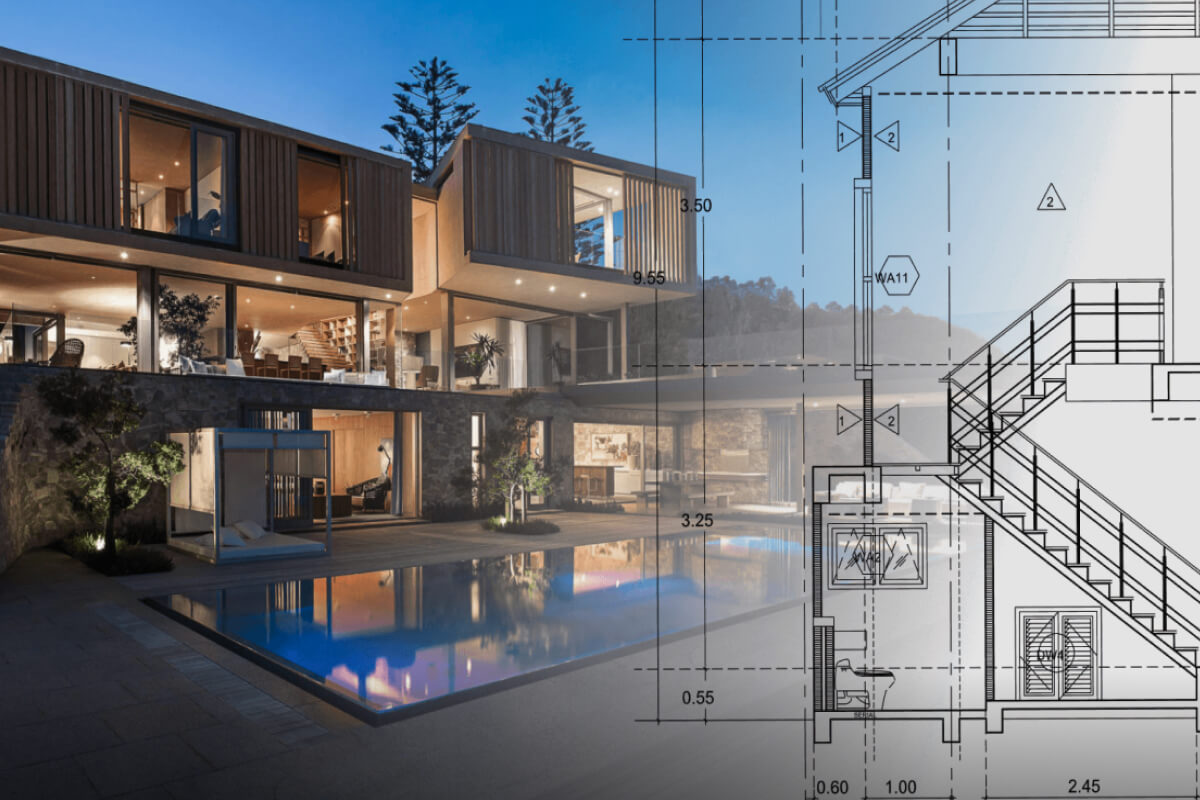You wake up in a beige box room. The curtain doesn’t quite close. There’s a kettle, sure, but it’s bolted to a tray like someone once tried to steal it in 2004. You squint at the iron, which is steaming of its own accord. Congratulations—you’re travelling for work.
Hotels were meant to be the solution. Somewhere clean, functional, and neutral. But for anyone who’s spent more than two nights attending back-to-back meetings or working off a PowerPoint at 11pm with a packet of minibar peanuts, the shine wears off fast. And that’s where the rethink starts.
Business stays are changing. Quietly, steadily, professionals are ditching traditional hotels in favour of cottages, apartments, and self-contained spaces. Not because they want to “feel like a local” but because it just works better.
A Better Space Makes For Better Work
Here’s the unspoken truth about most hotel rooms: they’re designed for short-term survival, not long-term functionality. There’s often no real table. The only plug socket is behind the TV. The chair creaks when you sit on it. Working here feels like trying to run a marathon in flip-flops.
Self-catering cottages, though? Different energy. There’s room to spread out. You can take Zoom calls at a kitchen table rather than perching on the edge of a bed. The Wi-Fi doesn’t vanish every time someone on floor two microwaves a lasagne. You can plug in more than one device. And the fridge—get this—holds actual food, not just three warm cans of lager and a Toblerone.
You Don’t Need A Concierge, You Need A Good Night’s Sleep
Even the nicest hotel has that unsettling hotel smell: bleach meets stale carpet meets cheap air freshener. If you’ve ever tried to relax in a room that also serves as your workspace, dining area, and drying rack, you’ll know it’s not a recipe for feeling human.
Cottages are often in quieter residential areas, tucked away from the clattering lifts and overnight boiler repairs. You don’t wake up to housekeeping trying to barge in at 8:03am, or next door’s TV blaring. You just… sleep.
The Joy Of Not Eating At A Table For One
There’s a particular sadness to ordering “just tap water” in a chain restaurant at 9pm, surrounded by couples and birthday dinners. Business travel has a way of making people feel invisible—especially around meal times.
With a cottage, you’re not stuck Googling “decent food near me”. You can cook, reheat leftovers, or open a bag of spinach and pretend that’s balance. The kitchen becomes a quiet little refuge from the performative parts of travelling for work. And if you want to head out for a meal, you can choose somewhere properly local, not just what’s attached to the nearest petrol station.
Privacy: The Unsung Hero Of The Working Week
Hotels are full of people trying not to make eye contact in the lift. Someone’s always trying to hold a speakerphone meeting in the lobby. You can’t even send an email without hearing six different accents shouting “Can you hear me now?” into Bluetooth earbuds.
In contrast, a private cottage doesn’t come with background noise, awkward breakfast encounters, or the subtle anxiety of someone knocking whilst you’re in the middle of a meeting. You lock the door, make your tea, and operate on your own schedule. It’s small, but that shift in rhythm can make a work trip feel like less of a performance.
Location Isn’t Everything—But It Helps
Hotels cluster near train stations, ring roads and the sort of “business park” that has more car parking than soul. It’s convenient, but sterile. Step outside and you’re between a Toby Carvery and an electrical wholesaler. Good luck finding a corner shop that sells actual fruit.
Self-catering stays tend to be stitched into real neighbourhoods. You wake up somewhere with its own rhythm, not just a queue of suitcases in reception. You see the same dog-walkers, pop into the same bakery, maybe even learn the name of the person who makes your morning coffee. These things matter more than we admit. They make you feel rooted, even temporarily.
Time To “Break Up” With The Hotel
Hotels aren’t evil. They serve a purpose. But they’re built for transience. You’re expected to pass through, not settle in. And when you’re travelling for work—especially for more than a night or two—that lack of rootedness can take its toll.
Cottages, flats, houses—call them what you like—offer something different. Not glitz. Not uniformity. Just a quiet, flexible base that lets you get on with your job without feeling like you’re stuck in limbo. They aren’t for everyone, and that’s the point. They’re for people who’ve done the hotel dance and realised there’s a better way to travel.
For Business Stays That Actually Work
If you’re working in or near West Yorkshire—somewhere near Lindley, Huddersfield to be exact—you don’t need to resign yourself to chain hotels off the M62. Business stays can be smarter. Calmer. Better designed for how real people work and live.
That’s exactly what Plover Cottage offers. You get high-speed Wi-Fi, private space, a proper desk, and a peaceful setting where you can focus, recharge, and maybe even enjoy the trip. No lobby jazz. No room service surcharge for milk. Just the things you actually need. The business trip doesn’t need a revolution—just a change of scenery.










